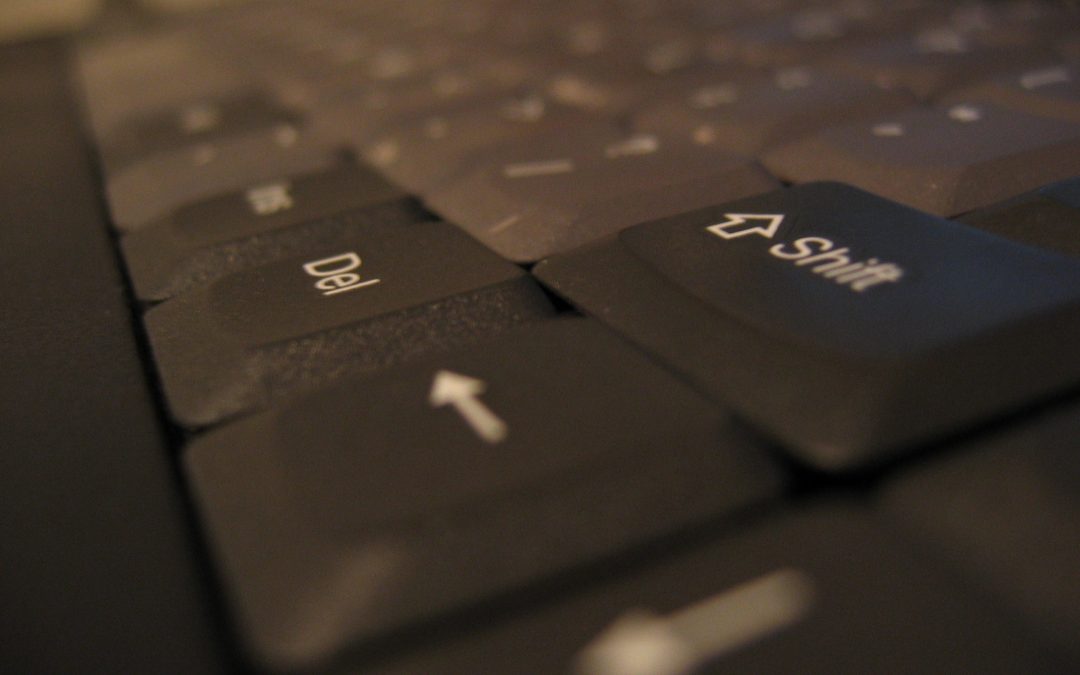How safe are you online?
Our 111 service at South Central Ambulance Service is taking increasing phone calls regarding ‘Internet Revenge’ and its devastating effects on the victims. If you have already shared information/photos and are now target of this action you can contact the police as ‘Revenge Porn’ is a recognised crime. You can also contact the Victim Support organisation for free on 08 08 16 89 111
The Metropolitan Police has issued some facts and rules around internet safety that you may find useful. These include:
- Don’t give your personal details to strangers (address, phone number, full name)
- Don’t send explicit pictures of yourself to strangers
- Don’t open emails or attachments from people/organisations you don’t know or have never dealt with before
- Don’t add people on social media you don’t know
- Never meet someone in person who you’ve only met online
- Talk to a trusted friend or carer if you see or read anything online that upsets you or makes you feel unsafe.
The BBC and ChildLine have also some very good advice. Read on to find out more.
- Do NOT let anyone else know your passwords or post passwords online
- If you do not know who someone who is adding you is, DO NOT befriend them
- Remember to respect other people’s opinions and if something bothers you ignore it
- Once you write something online it is there forever so be sensible with what you put out there
- Keep your pages clean as future employers/universities will look at your social media sites and can use this against your application
- Do not post or send photos that you wouldn’t want everyone to see
- If you see something that affects you, make sure to tell a trusted adult and leave the site immediately
- Remember not everyone on the internet is who they say they are
Catfishing
Do you really know who you are talking to?
- Catfishing is where people use images of someone else and pretend to be that person
- People are not always who they say they are online, make sure to always be careful and only accept friend requests from people you actually know in the real world
- Don’t ever meet up with people who you only know from the internet
Hacking
- Hackers are trying to get any personal information from you to use your accounts
- Never give out your passwords or put any passwords onto social media sites for everyone to see
- Only click links that you are expecting
- Use a variety of passwords for accounts
- Make sure to have anti-virus software on your computer
- Only use secure sites
- Ignore pop-ups
- Protect your data
- Do NOT store card details online
Grooming/Exploitation
- Online grooming is where someone trains or prepares someone for a particular purpose or activity, and they will try and get you to conduct sexual activities
- A groomer will make an emotional connection with you in order to get you to do things for them
- They can be male or female, old or young
- Can happen online or in person and can affect anyone, especially children and teenagers
Signs of grooming:
- Sending lots of messages including sexual messages
- Asks you to be secretive and not tell anyone about them
- Use blackmail to try and get you to send sexual images to them
- Being given expensive gifts
See also our section on Sexual abuse
Downloading information
- Only download information from reputable resources
- Make sure you are not downloading items that are copyrighted
- Only click on links that you were expecting to receive
Sources: BBC and ChildLine
Accounts can be muted or blocked, as well as ignored. Find out how to do this from your account provider.
Further support
Think U Know has a guide to internet safety and safe surfing for young people run by the Child Exploitation and Online Protection Centre
Parent/carer – Think U Know has a section which gives advice and support if you are concerned about the online safety of your child/children.
Teachers – Think U Know has a section which will help you deliver education and raise awareness of online child exploitation and abuse.
The NSPCC has free classroom resources that can be used in the classroom to help children. Go to https://www.nspcc.org.uk/preventing-abuse/keeping-children-safe/online-safety/e-safety-schools/ for details.

